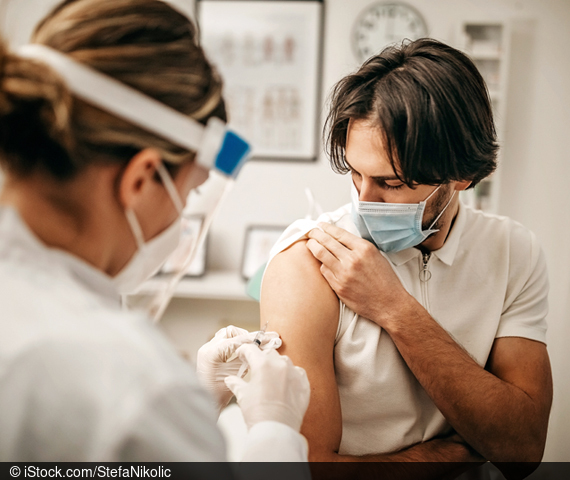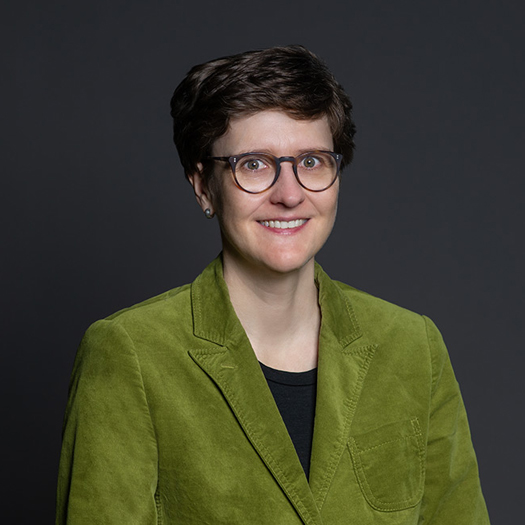Herd Immunity Can Only Be Achieved with a Flexible Reimbursement System for Doctors
ResearchGeneral practitioners are expected to play a key role in advancing the vaccine rollout in Germany. As the vaccination coverage of the population increases, additional efforts by physicians will be necessary to advance the vaccine rollout and ultimately achieve herd immunity. Doctors who administer COVID-19 jabs therefore need flexible and needs-based reimbursement. A recent ZEW policy brief proposes a flexible reimbursement system that efficiently provides and distributes funds to achieve high vaccination prevalence.
As the vaccine rollout progresses, it will become increasingly difficult to find people who are willing to be vaccinated. Vaccinating only those patients who come to the practice at their own initiative will not suffice to achieve herd immunity. Physicians will have to proactively approach their patients. Ultimately, this will increase the costs of medical professionals in the course of the vaccination campaign. It is therefore crucial that doctors who administer vaccines communicate this proactively and provide transparent information in order to increase the willingness to be vaccinated among the population. This aspect of the vaccination campaign has been given too little attention so far.
“GP practices are probably already at their breaking point. Expecting doctors to convince unvaccinated people of the benefit of a COVID-19 vaccination in addition to their normal activities and resources seems difficult to me,” says Professor Vitali Gretschko, head of the Research Department “Market Design” at ZEW Mannheim and co-author of the ZEW policy brief. However, if not enough people get vaccinated, this would thwart the desired goal of herd immunity.
In order to actively reach those who are still undecided, a considerable effort is required on the part of the medical professionals. This includes changes in practice opening hours, overtime, the need for additional staff, mobile vaccination services, new software and the contracting of additional external services. “The current reimbursement of 20 euros per vaccination only partially covers this effort and is simply not efficient. This is too little for a measure that has a long-term effect and is so crucial for our health system,” explains Dr. Marion Ott, researcher in the ZEW Research Department “Market Design” and co-author. By comparison, doctors receive 15 euros for each rapid antigen test. Since on average a patient is tested more often than vaccinated, testing is more expensive overall.
What is therefore needed, according to the ZEW research team, is a flexible and needs-based reimbursement scheme for medical professionals. To this end, the scientists have developed a system that takes into account the different costs as well as the need for basic and supplementary vaccines. At the same time, it creates a fair supplementary reimbursement that can be implemented with little administrative effort. “Through our system, government funds can be distributed efficiently so that as many people as possible are vaccinated. Furthermore, an additional reimbursement creates incentives for services that make vaccination as efficient as possible,” says Vitali Gretschko.

